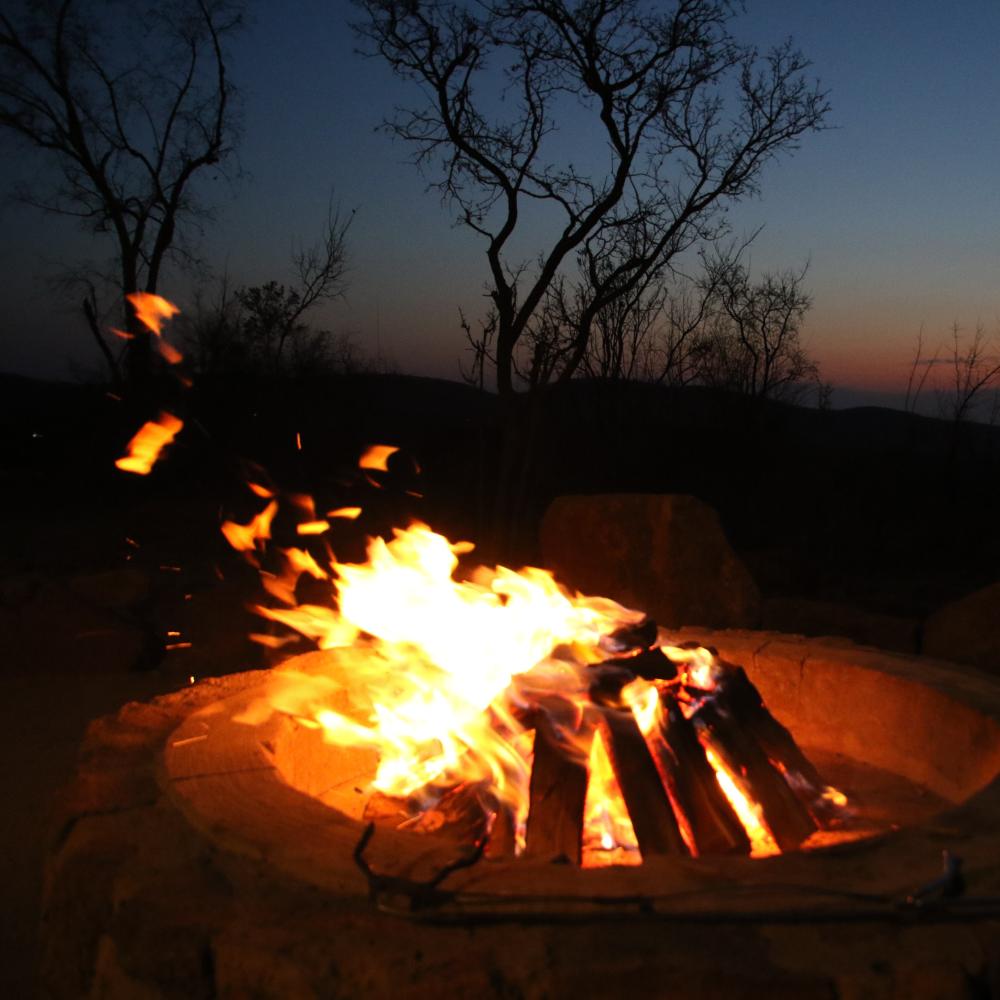
AWEI Fireside Chat - Promoting an Inclusive Wildlife Economy
Stellenbosch
South Africa
This fireside chat is the first in a series of five fireside chats organised by AWEI to explore the implications of a report and policy position published by the South African Department of Forestry, Fisheries, and the Environment (DEFF). The chats highlighted areas that may require further research and analysis for developing an inclusive and responsible wildlife economy in South Africa.
In May 2021, DEFF released a voluminous High-Level Panel Report with profound implications for the development of the wildlife economy in the country and, indeed, across the continent. Minister Barbara Creecy stated that “Besides providing specific interventions to resolve key issues in the sector, the report also provides for a re-conceptualised wildlife sector, that will provide a new deal for people and wildlife in South Africa.” In June, Minister Creecy then invited comments on a Draft Policy Position on conservation which aims to provide “a stable base for conservation, growth, and development.”
AWEI Fireside Chats |
Date |
Time |
| Promoting an inclusive wildlife economy | Tue, 13 July | 15:00-16:00 |
| Protected areas as drivers of local and regional rural economies |
Thu, 15 July | 15:00-16:00 |
| Developing a standard for responsible and sustainable hunting |
Tue, 20 July | 15:00-16:00 |
| Leveraging the value of rhinos in South Africa | Thu, 22 July | 15:00-16:00 |
| Conservation and sustainable use of lions | Tue, 27 July | 15:00-16:00 |
Principal Guests
- Ms Esther Netshivhongweni, HLP Member and Chair of the Wildlife, Eco-tourism, Bio-prospecting and Trade Association of South Africa (WEBASA) and the Limpopo People and Parks Community Forum
- Mr Tebogo Mogashoa, HLP Member and past President of Wildlife Ranching South Africa
Opening Questions
- How can the wildlife economy act as a vehicle for inclusion and transformation?
- How can the wildlife economy be positioned as a preferred rural economic development strategy?
- What are the challenges to developing an inclusive and vibrant wildlife economy and how can these be addressed?
HLP Goal 2 and Recommendations on Transformation of the Wildlife Sector
Ensure inclusive growth and radical transformation of the wildlife sector through an enabling environment that embraces meaningful inclusion and participation of all population groups.
- Develop a focussed Transformation Charter for a Vibrant wildlife sector that addresses, as a minimum, the specific challenges identified by the HLP, inclusive of a meaningful participation framework for communities from designated groups and representative structures;
- Within 12 months, deploy suitably qualified, enabled, and resourced Biodiversity Economy Node Champions for identified Nodes that can position the wildlife sector as a preferred rural economic development strategy, with localised community-based wildlife economic value chains based on the conservation and sustainable use of the five species, linked to state, private, and community protected and wildlife areas, with innovations that can transform rural economies; and
- Establish a mechanism/structure for ongoing technical, research and business support to the wildlife sector, in particular to communities, SMMEs, and entrepreneurs to facilitate the growth of the wildlife economy and radical transformation.
Get updates by email
Through impactful research, stakeholder engagement, and professional development, AWEI is supporting the wildlife economy across Africa. Please subscribe for occasional updates on our work and forthcoming events.
Sign up for a quarterly dose of AWEI insights
In a complex and changing world, AWEI generates strategic ideas, conducts independent analysis on wildlife economies, and collaborates with global scholar-practitioners to provide training and expertise for biodiversity conservation, climate resilience, and inclusive economic opportunities in Africa.
